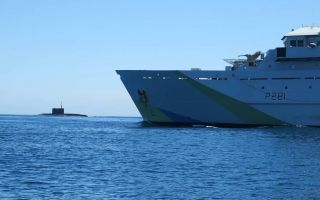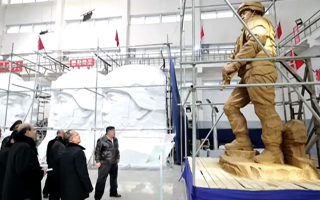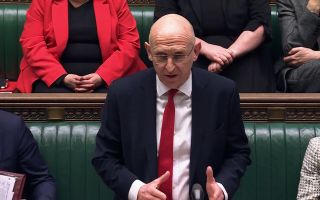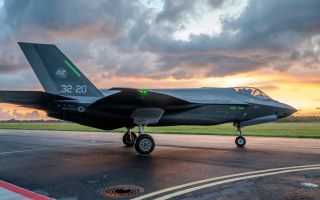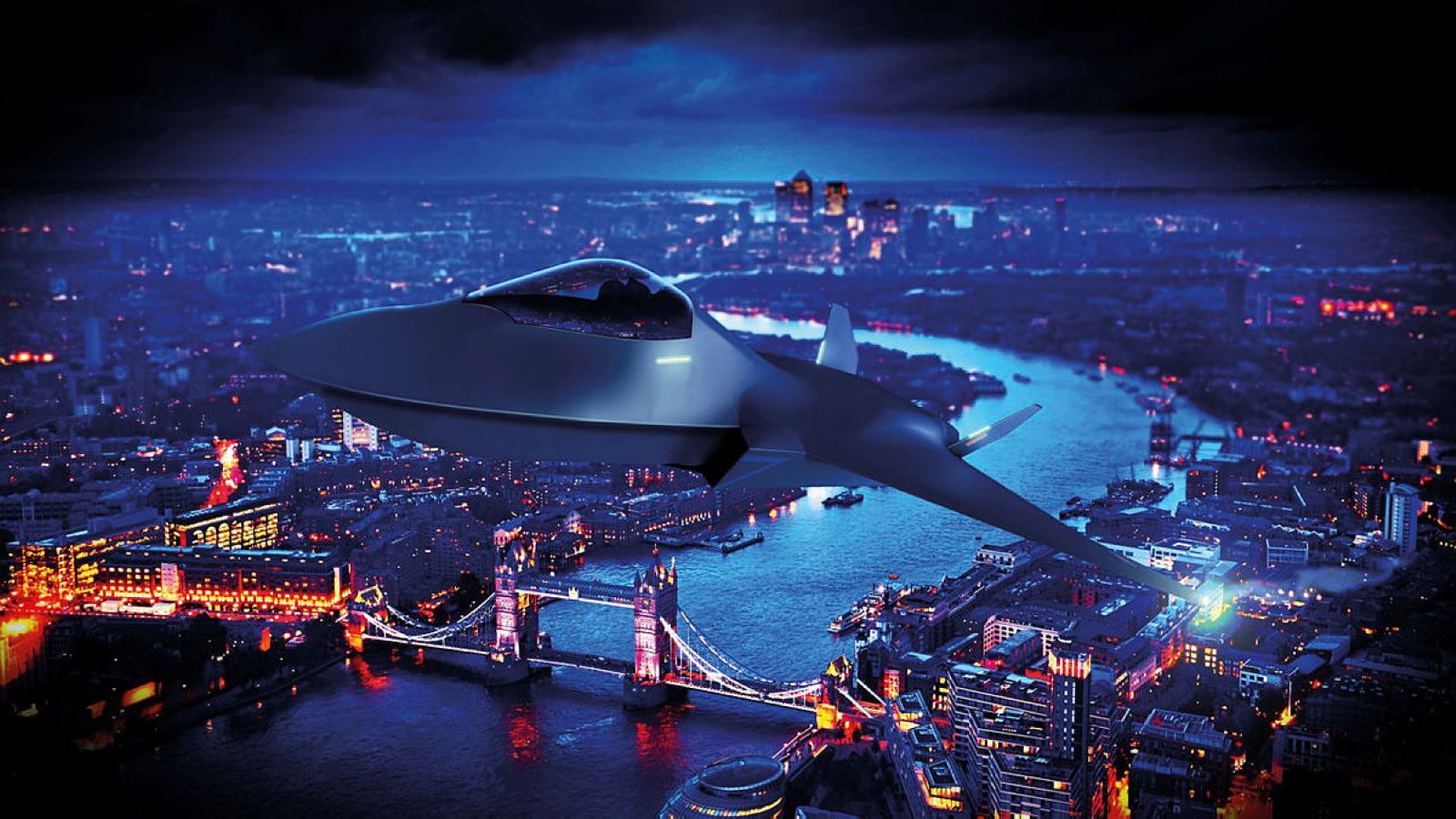
Treaty signed to create Tempest - the RAF's next supersonic stealth fighter

An international agreement has been signed between the UK, Japan and Italy to develop an innovative stealth fighter with supersonic capabilities as part of the Tempest project.
The Tempest aircraft will deploy new, game-changing technology and is set to join the RAF fleet from 2035, replacing the Typhoon.
The treaty marks a key stage of the landmark Global Combat Air Programme (GCAP), and the headquarters of the programme will be based in Britain.
Defence Secretary Grant Shapps said the project was "crucial to global security" and would bring the UK closer to its two partner nations.
He added: "Our world-leading combat aircraft programme aims to be crucial to global security and we continue to make hugely positive progress toward delivery of the new jets to our respective air forces in 2035.
"The UK-based headquarters will also see us make important decisions collaboratively and at pace, working with our close partners Italy and Japan and our impressive defence industries to deliver an outstanding aircraft."
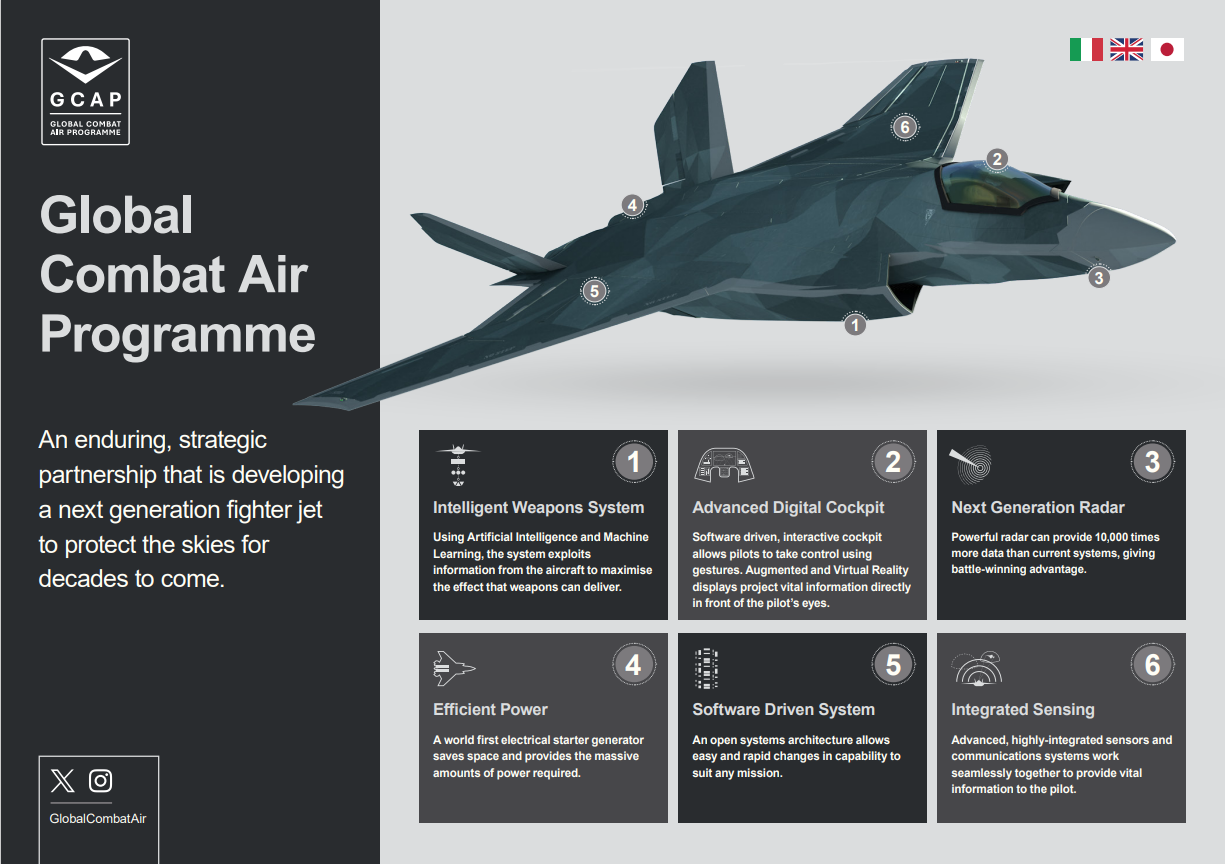
The treaty confirmed the UK will host the joint GCAP headquarters, supporting hundreds of UK jobs and working with Japanese and Italian colleagues. The first CEO will come from Japan.
The headquarters will be responsible for delivering vital military capabilities, strengthening each country's combat air industrial capabilities and achieving value for money.
In terms of combat air, the Ministry of Defence has spent £2bn in the UK over the last five years on technology, creating skills and capabilities, with a further £600m from industry.
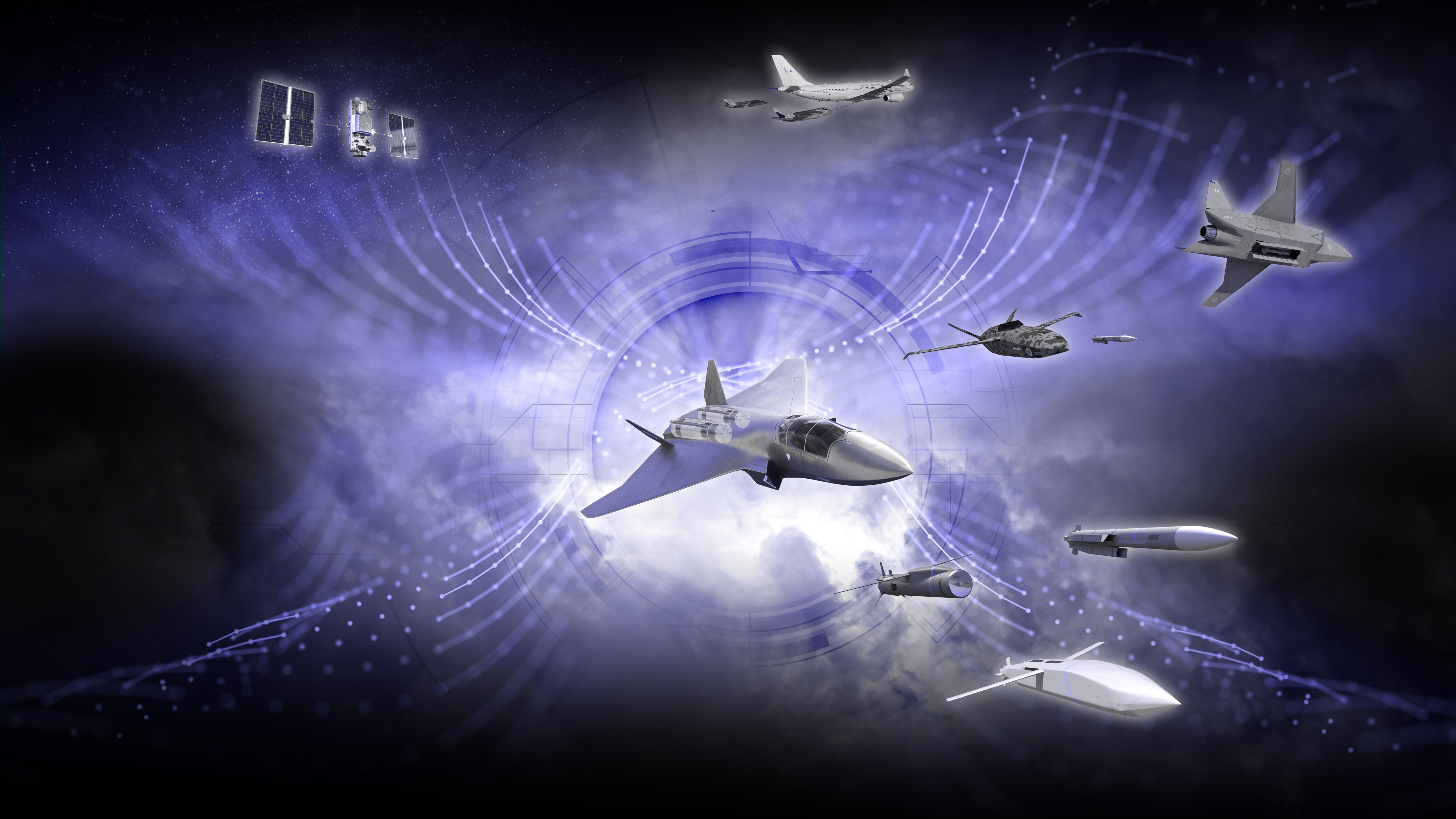
The signing of the treaty follows a meeting in Tokyo between Mr Shapps and his Japanese and Italian counterparts, Minoru Kihara and Guido Crosetto.
It comes a year after the formal launch of GCAP and highlights the positive progress in the development of the next-generation fighter.
The joint development phase of the Tempest programme is due to launch in 2025.

